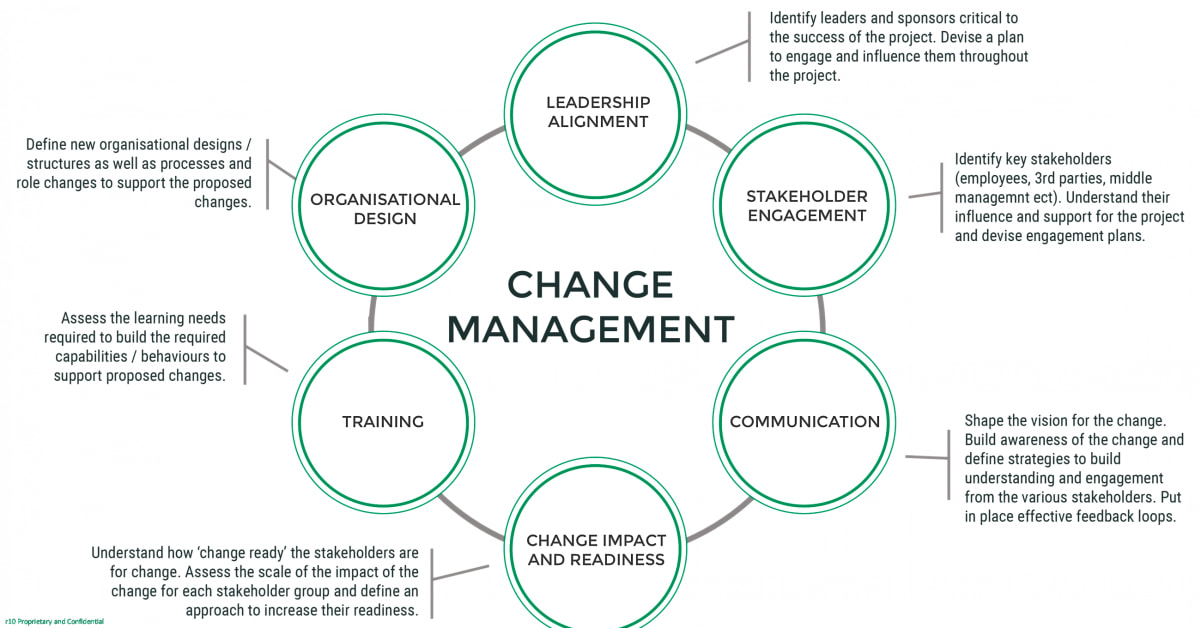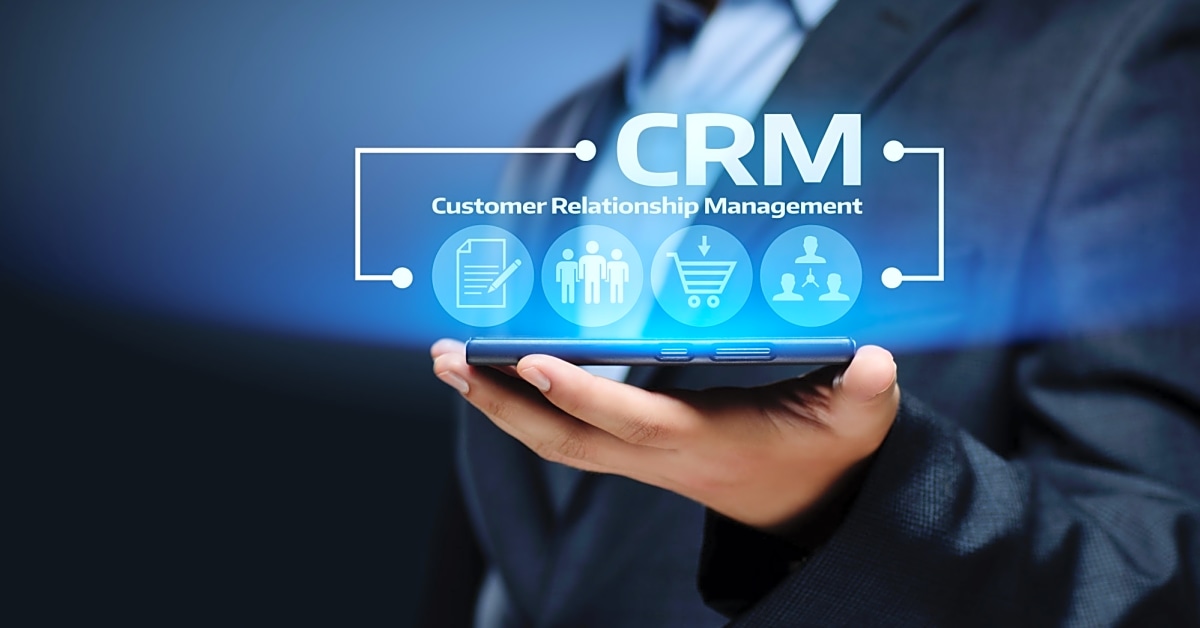Customer loyalty programs are an essential aspect of any successful business growth strategy. They are designed to enhance customer retention and acquisition, leading to increased profitability and brand loyalty. In today’s competitive market, businesses need to go beyond just offering quality products and services. They need to build strong relationships with their customers, and that’s where loyalty programs come in. These programs not only reward customers for their loyalty but also create a sense of exclusivity and value, making customers feel appreciated and invested in the brand. In this article, we will explore the various ways in which customer loyalty programs can contribute to business growth and provide valuable insights on how to design and implement effective programs. So, whether you are a small start-up or a well-established company, read on to discover how customer loyalty programs can take your business to the next level.
In today’s competitive market, customer loyalty is crucial for the success and growth of a business. This is where customer loyalty programs come into play. These programs not only help in retaining existing customers but also attract new ones.
First, let’s discuss the basics of customer loyalty programs. These are rewards programs offered by businesses to customers who make frequent purchases or engage in other desired behaviors. The goal is to encourage customers to continue doing business with the company and build a strong relationship with them.
Now, you may ask why are these programs important? Well, studies have shown that acquiring a new customer can cost five times more than retaining an existing one. Not only that, but loyal customers also tend to spend more and refer others to the business.
There are various types of customer loyalty programs available, each with its own unique features and benefits. Points-based systems are one of the most common types, where customers earn points for each purchase and can redeem them for rewards. Tiered rewards programs offer different levels of benefits based on the customer’s spending or engagement level. VIP programs are exclusive memberships that offer special perks and discounts to loyal customers.
The benefits of these programs are numerous. First and foremost, they increase customer retention by giving customers a reason to keep coming back. This leads to a higher customer lifetime value and more revenue for the business. Additionally, loyalty programs can help build brand loyalty and differentiate your business from competitors.
Let’s take a look at some real-life examples of companies that have successfully implemented loyalty programs. Starbucks’ popular rewards program offers free drinks and food items based on the number of purchases made. Sephora’s Beauty Insider program gives members access to exclusive products and events, as well as a birthday gift.
Implementing a customer loyalty program may seem daunting, but business consulting can help make the process smoother. Consultants can help you design and implement an effective program that aligns with your business goals and budget.
Finally, you may have some concerns or doubts about implementing a loyalty program. One common concern is the cost of the program. However, the benefits and increased revenue typically outweigh the costs. Another concern may be whether these programs are effective in retaining customers. Studies have shown that loyalty programs can increase customer retention rates by 5-20%, depending on the industry and program design.
In conclusion, customer loyalty programs are a powerful tool for enhancing business growth. They not only retain existing customers but also attract new ones and increase revenue. With various types of programs to choose from and the help of business consulting, implementing a successful loyalty program is within reach for any business.
Benefits of Customer Loyalty Programs
Customer loyalty programs offer numerous benefits for businesses, including increased retention, brand loyalty, and higher revenue. By implementing a customer loyalty program, you can ensure that your customers keep coming back to your business, instead of switching to your competitors.
Increased Retention: One of the primary benefits of customer loyalty programs is increased retention. These programs help in building a strong relationship with your customers by rewarding them for their loyalty. This makes it more likely for them to continue doing business with you, rather than trying out a new company.
Brand Loyalty: Customer loyalty programs also contribute to building brand loyalty. When customers are consistently rewarded for choosing your business, they are more likely to become loyal to your brand. This not only increases customer retention but also helps in creating a positive image for your brand.
Higher Revenue: Ultimately, the goal of every business is to increase revenue. With customer loyalty programs, you can achieve this by encouraging repeat purchases and increasing customer lifetime value. By offering incentives and rewards, you can motivate customers to spend more money on your products or services.
Types of Customer Loyalty Programs
When it comes to customer loyalty programs, businesses have a variety of options to choose from. Each type of program offers different benefits and incentives to customers, with the goal of creating a loyal customer base. In this section, we will discuss the three main types of customer loyalty programs: Points-Based Systems, Tiered Rewards, and VIP Programs.
Points-Based Systems: This type of loyalty program is based on a point system, where customers earn points for each purchase they make. These points can then be redeemed for rewards, such as discounts, free products, or exclusive experiences. Points-based systems are popular because they are easy to understand and can be tailored to fit the needs of different businesses.
Tiered Rewards: Tiered rewards programs offer different levels of rewards based on a customer’s level of loyalty. For example, customers who have been with the business for a longer time or have spent more money may be eligible for higher rewards. This type of program encourages customers to keep coming back in order to reach higher tiers and unlock better rewards.
VIP Programs: VIP programs are designed to make customers feel special and valued by offering exclusive perks and benefits. These can include early access to sales, personalized discounts, or invitations to VIP events. VIP programs are often used by luxury brands or businesses that cater to a niche market.
The Role of Business Consulting
Implementing a successful customer loyalty program requires careful planning and execution. This is where the role of business consulting comes in. Business consultants are experts in developing and implementing strategies that help businesses grow and succeed. They can provide valuable guidance and insights on how to create an effective customer loyalty program that aligns with your business goals and values.
With their extensive knowledge and experience, business consultants can help you identify the best practices and techniques for creating a successful program. They can also assist in analyzing your target market, identifying customer needs and preferences, and designing personalized rewards and incentives that will appeal to your audience.
In addition, business consultants can offer valuable advice on how to track and measure the success of your loyalty program. This includes identifying key performance indicators (KPIs) and implementing systems to track customer engagement, retention rates, and overall program ROI.
By seeking professional guidance from a business consultant, you can ensure that your customer loyalty program is well-planned, well-executed, and aligned with your business objectives. With their expertise, you can create a program that not only retains customers but also drives business growth.
Examples of Successful Loyalty Programs
In today’s world, many businesses have recognized the importance of customer loyalty programs in their growth and success. These programs not only help in retaining existing customers but also attract new ones. Let’s take a look at some real-life companies that have successfully implemented loyalty programs.
1. Starbucks Rewards Program
Starbucks is known for its delicious coffee and cozy atmosphere, but it has also built a strong customer base through its rewards program. The program allows customers to earn stars for every purchase, which can be redeemed for free drinks, food, and merchandise. This not only keeps customers coming back but also encourages them to try new products.
2. Sephora Beauty Insider
Sephora’s Beauty Insider program offers members exclusive discounts, birthday gifts, and access to beauty classes and events. This program not only rewards loyal customers but also creates a sense of community among beauty enthusiasts.
3. Amazon Prime
Amazon Prime is a prime example of a successful loyalty program. Members enjoy free shipping, early access to deals, and access to streaming services. This program not only retains customers but also encourages them to make more purchases on the platform.
These are just a few examples of companies that have successfully implemented customer loyalty programs. By studying their strategies and implementing them in your own business, you can enhance your growth and success.
The Basics of Customer Loyalty Programs
Customer loyalty programs are structured marketing efforts that reward and incentivize customers for their continued loyalty and business. These programs are designed to strengthen the relationship between a business and its customers, ultimately leading to increased customer retention and satisfaction. In today’s competitive market, customer loyalty is crucial for the success and growth of a business. That’s why implementing a customer loyalty program is becoming increasingly important for businesses of all sizes.
So, why are customer loyalty programs important? For starters, they help in retaining existing customers. By offering rewards and incentives, businesses can encourage customers to continue using their products or services, rather than switching to a competitor. This not only helps in maintaining a steady stream of revenue but also builds a sense of trust and satisfaction among customers.
Moreover, customer loyalty programs also attract new customers. When existing customers are happy and satisfied with a business, they are more likely to recommend it to their friends, family, and acquaintances. This word-of-mouth marketing can bring in new customers who are interested in the rewards and benefits offered by the loyalty program.
Additionally, customer loyalty programs can provide valuable insights into customer behavior and preferences. By tracking customer activity and purchases, businesses can gain a better understanding of what their customers want and tailor their products or services accordingly. This not only helps in improving customer satisfaction but also allows businesses to stay ahead of their competition.
Overall, customer loyalty programs are an essential tool for enhancing business growth. They not only help in retaining existing customers but also attract new ones and provide valuable insights into customer behavior. In the next section, we will explore the different types of customer loyalty programs that businesses can implement.
Addressing Concerns
Debunking Common Myths and Doubts About Loyalty Programs
In the world of business, there are many misconceptions and doubts surrounding customer loyalty programs. Some people believe that these programs are expensive and ineffective, while others think that they only benefit large corporations. However, these are just myths and doubts that need to be addressed.
Myth #1: Loyalty programs are expensive and only for big businesses.
One of the most common myths about loyalty programs is that they are costly and only suitable for big businesses with a large customer base. This is not true. In fact, there are many affordable options for businesses of all sizes, including small and medium-sized enterprises. Additionally, loyalty programs can be tailored to fit the needs and budget of any business.
Myth #2: Customers are not interested in loyalty programs.
Another myth is that customers are not interested in loyalty programs. However, research has shown that customers are actually more likely to join a loyalty program if it offers valuable rewards and benefits. In today’s competitive market, customers are looking for ways to save money and earn rewards, making loyalty programs an attractive option for them.
Doubt #1: Loyalty programs do not bring in new customers.
Some businesses doubt the effectiveness of loyalty programs in attracting new customers. However, a well-designed loyalty program can actually help in acquiring new customers. By offering incentives for referrals and promoting the program through various channels, businesses can expand their customer base.
Doubt #2: Customers will only join for the discounts.
There is a misconception that customers will only join a loyalty program for the discounts and rewards, and not because they are loyal to the brand. While discounts and rewards are important, a well-designed program also focuses on building a strong relationship with customers through personalized experiences and special perks. This helps in fostering genuine loyalty towards the brand.
By debunking these common myths and doubts about loyalty programs, it is clear that they are valuable tools for businesses of all sizes to enhance customer loyalty and drive growth. So, don’t let these misconceptions hold you back from implementing a successful loyalty program for your business.
Customer loyalty programs are a powerful tool for businesses looking to enhance their growth and success. They not only help in retaining customers but also attract new ones and improve overall brand loyalty. With the right guidance and strategy, loyalty programs can be a game-changer for your business. So, don’t hesitate to explore the different types of programs available and consult with experts to design and implement a program that aligns with your business goals.





